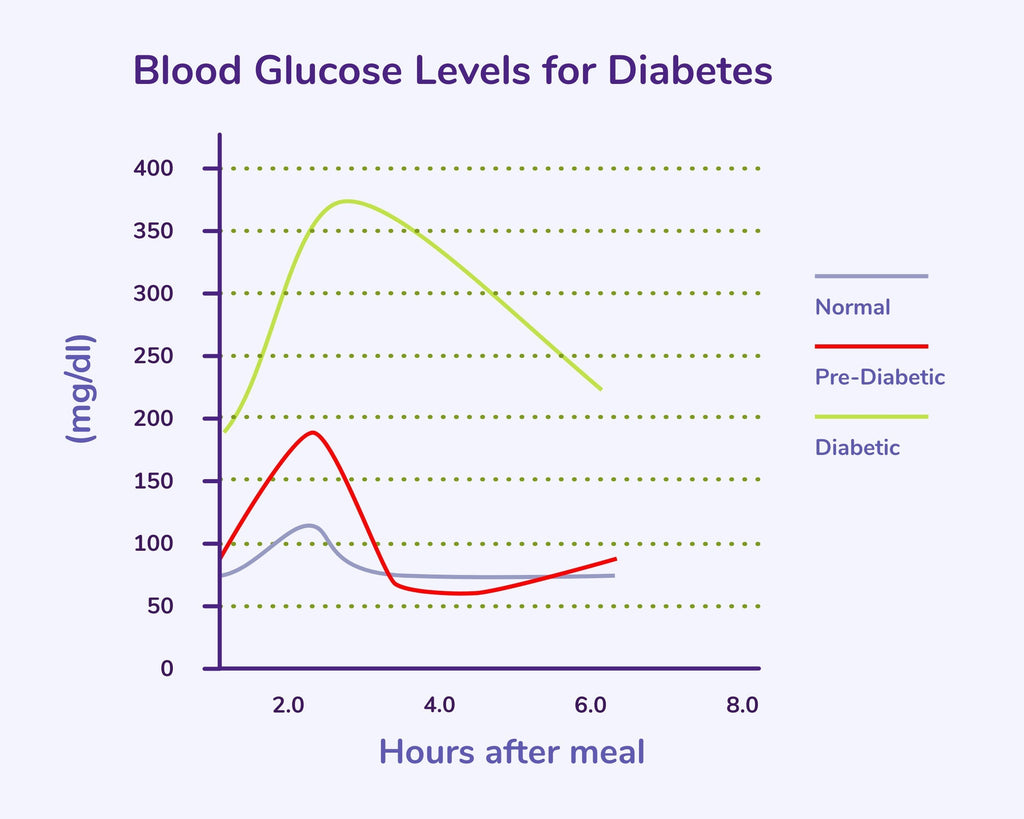
Glucose in Urine: Causes, Symptoms, and What It Means for Your Health
Knowing the Urine Sugar Normal Range : What You Ought to Know
The presence of glucose in urine, commonly referred to as urine sugar, can be a critical indicator of your body’s metabolic state.
Understanding the urine sugar normal range is essential for diagnosing and managing various health conditions, particularly diabetes.
This article will delve into what urine glucose is, how it is tested, and what the results mean for your health.
What is Urine Sugar?

The sugar level in urine is the concentration of glucose in the urine. In normal conditions, the glucose in the body gets reabsorbed into the kidneys and returned into the blood.
But if the level of glucose in the blood reaches above a particular limit, it can no longer be reabsorbed by the kidneys and enters the urine.
This may be an indicator of an underlying health issue, which is most specifically diabetes.
Knowledge of the Normal Level
The normal urine sugar range is affected by many factors, such as the time of day and your hydration level.
Generally, a urine glucose test is considered normal if no glucose is detected in a urine sample.
However, in some cases, a small amount of glucose may be present, which can be considered normal depending on individual circumstances.
Urine Glucose Test: What to Expect
A urine glucose test is the simplest procedure in which urine is collected, analyzed to determine the amount of glucose in it, usually expressed in mg/dl or mmol/l, and this test may help understand much about your blood glucose level and your health status as well.
Why Test for Glucose in Urine?
Testing for the presence of glucose in urine could be used to identify diabetes or even renal glycosuria conditions.
High blood glucose in the body is often correlated with diabetes, and it subsequently increases glucose levels in the urine.
If you are experiencing too much urination, excessive thirst, or unexplained weight loss, your doctor may ask that you undergo a urine glucose test.
The Relationship of Blood Sugar and Urine Glucose
The amount of glucose in your urine is directly proportional to your blood glucose levels.
When blood sugar levels exceed the renal threshold, usually at around 180 mg/dl, the kidneys start to excrete excess glucose into the urine.
This is a symptom of poor blood glucose control, especially in diabetes patients.
Factors Influencing Urine Glucose Levels
Several factors influence urine glucose levels. These include:
• Blood Glucose Levels: Hyperglycemia can lead to urine glucose.
• Hydration Status: Dehydration can make the urine more concentrated, affecting the test result.
• Medications: Some medications affect urine glucose.
• Diet: A high intake of carbohydrates causes a short-term increase in blood glucose followed by urine glucose.
Diseases Associated with Urine Glucose Levels High
High urine glucose is associated with various diseases including
• Diabetes Mellitus: Type 1 and type 2 diabetes may cause high glucose levels in urine because of poor blood sugar control.
• Renal Glycosuria: This is a condition in which glucose appears in the urine even though the blood glucose is normal, usually due to a defect in the renal tubule.
• Hormonal Disorders: Other disorders like Cushing's syndrome can also affect glucose metabolism and increase its levels in urine.
Interpretation of Test Results
If you have a urine glucose test and the results are positive for high glucose in your urine, it is important to have further tests.
Your doctor may advise a blood glucose test to better measure your blood sugar.
Knowing the amount of glucose in your body is important for diagnosing diseases like diabetes and for proper management of your health.
Monitoring of Urine Glucose Importance
For diabetic patients, urine glucose monitoring is usually a very important aspect of managing the disease.
This is because it gives information on how well the blood glucose levels are being controlled, which can also be an indicator of good dietary choices and effectiveness of drugs used.
If there is too much glucose in the urine, it could imply that the blood glucose level is not well managed; therefore, the treatment program needs to be reviewed.
Conclusion
Knowing the urine sugar normal range is essential for determining potential health issues concerning the blood glucose level.
The urine glucose test will tell you exactly how much glucose exists in your urine and how it relates to your overall health.
If you are concerned about your urine glucose levels or blood sugar management, talk to your doctor for personal advice and possible treatment alternatives.
Remember that early detection and management are essential for maintaining good health, especially for people who are at risk for developing diabetes or related conditions.
FAQ
1: If glucose is found in my urine, what does that mean?
Answer: The presence of glucose in your urine, known as glucosuria, may indicate that your blood glucose levels are elevated, often exceeding the renal threshold. This can be a sign of diabetes or other health conditions. If glucose is detected in your urine, it is essential to follow up with your healthcare provider for further testing, such as a blood glucose test, to assess your overall health and determine the underlying cause.
2: What is the normal range for urine glucose?
Answer: For a normal healthy person, urine glucose is considered to be within a normal range of 0 mg/dl. However, due to diet and transient conditions, it is sometimes present in small quantities. Persistent glucose in the urine may warrant further investigation especially if accompanied by symptoms of hyperglycemia.
3: What is the procedure for conducting a urine glucose test?
Answer: A urine glucose test is performed by collecting a urine sample, usually a midstream sample for accuracy. The sample is then analyzed in a laboratory or using a home test strip to measure the level of glucose in the urine, typically reported in mg/dl or mmol/l. This test is non-invasive and can provide quick insights into your glucose metabolism.
4: What factors can affect my urine glucose levels?
Answer: There are many reasons why urine glucose levels can be affected, including your blood glucose levels, hydration status, diet (particularly carbohydrate intake), and medications. Stress and hormonal fluctuations can also affect glucose metabolism. If you experience changes in your urine glucose levels, talk to your healthcare provider about these factors.
5: Am I at risk if my urine glucose levels are high?
Answer: High urine glucose levels often indicate an uncontrolled level of blood sugar, and this condition is usually accompanied by diabetes. If your urine contains a high amount of glucose, you must seek a doctor's consultation. He will suggest further testing to monitor your blood glucose levels and decide on an appropriate course of action to treat your condition. Early treatment prevents many complications resulting from high blood sugar levels.
* Medical Disclaimer - The following information is for educational purposes only. No information provided on this website, including text, graphic, and images, are intended as substitutes for professional medical advice. Please consult with your doctor about specific medical advice pertaining to your condition(s).






